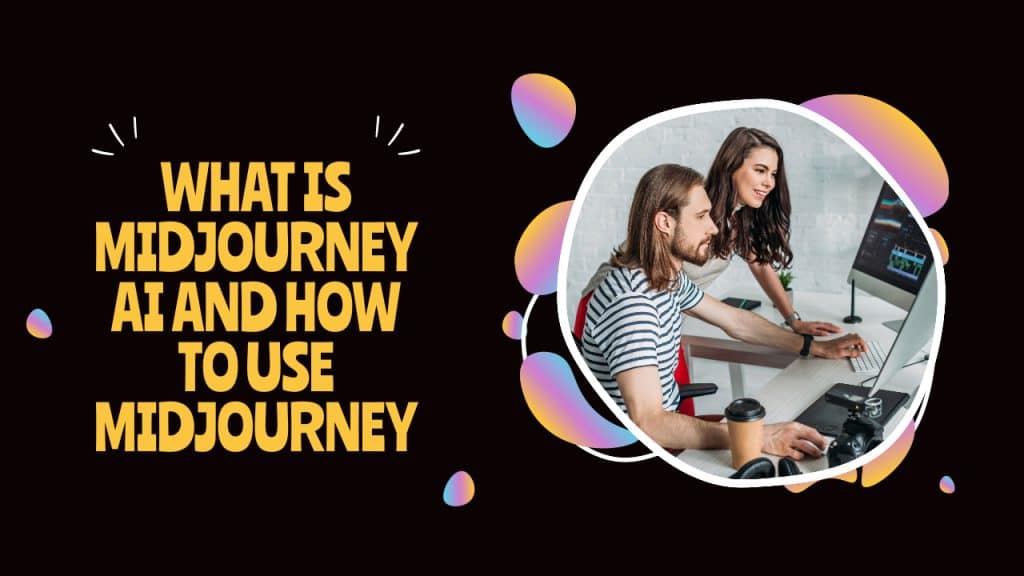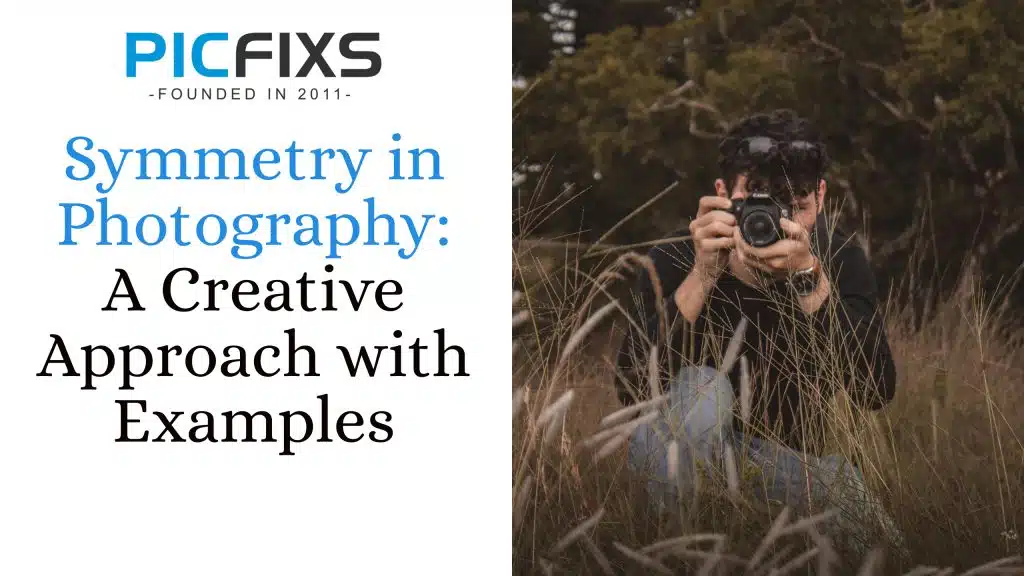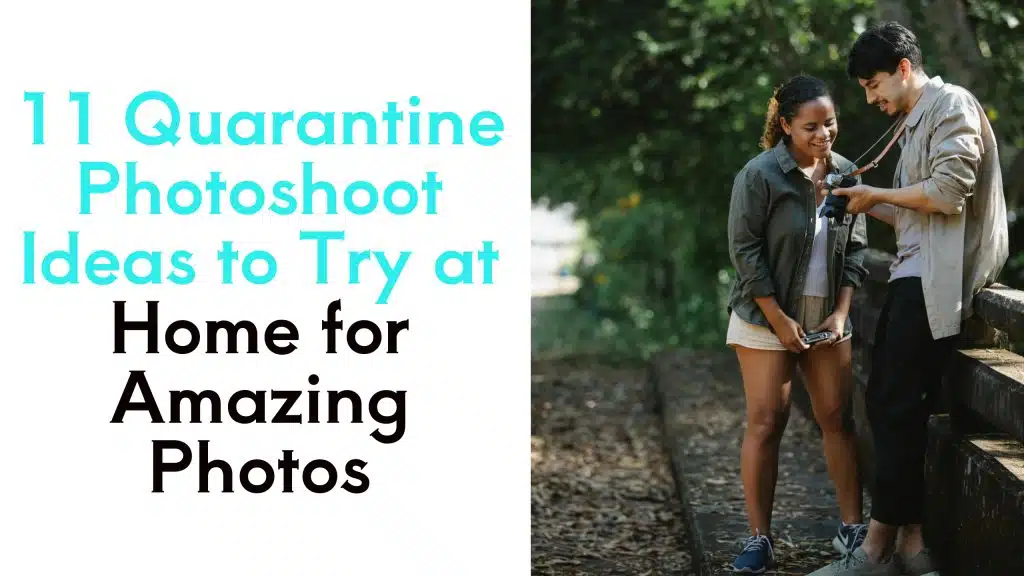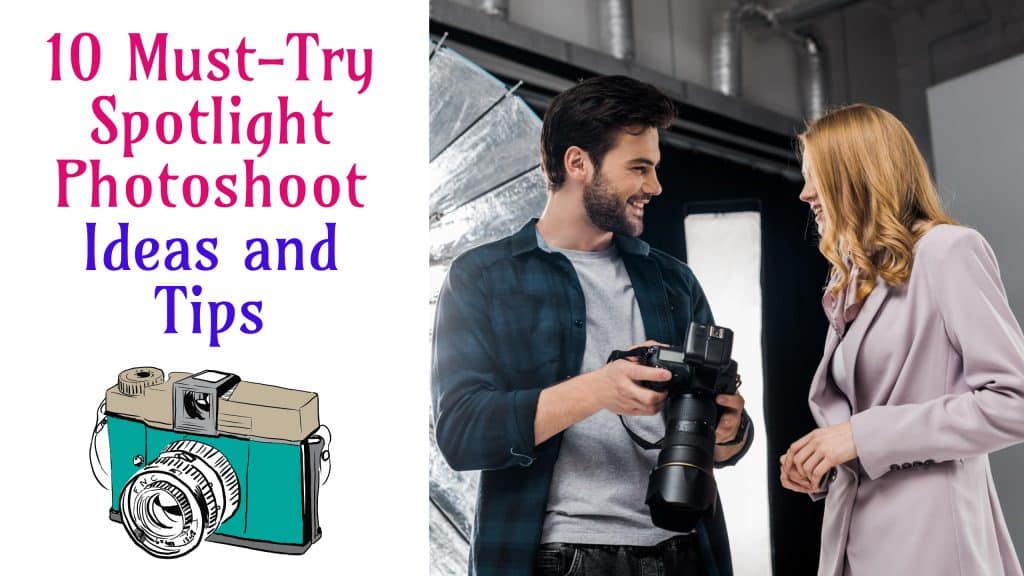Understanding copyright is essential for photographers to protect their creative work and navigate the legal landscape surrounding image usage. In this comprehensive guide, we’ll delve into the key aspects of copyright that all photographers need to know.
Things All Photographers Need to Know About Copyright
Copyright is a legal right that grants the creator of an original work exclusive rights to its use and distribution. In the context of photography, copyright protects the intellectual property of the photographer, including the right to reproduce, distribute, display, and create derivative works based on their photographs.
Copyright ownership and duration
As a photographer, you automatically own the copyright to the images you create. This ownership extends to both amateur and professional photographers. Copyright protection typically lasts for the creator’s lifetime plus a certain number of years (e.g., 70 years in many jurisdictions). After this period, the work enters the public domain.
Registering copyright
While copyright is automatically granted upon the creation of a photograph, registering your work with the appropriate copyright office provides additional legal benefits. In some jurisdictions, registration is a prerequisite for pursuing legal action and allows you to claim statutory damages and attorney’s fees in case of infringement.
Watermarking and metadata
Adding watermarks to your images and embedding metadata can serve as a deterrent against unauthorized use. Watermarks are visible overlays on the image, often containing the photographer’s name or logo. Metadata, such as copyright information and contact details, can be embedded in the image file itself. However, both watermarks and metadata can be removed, so they are not foolproof methods of protection.
Model releases and permissions
When photographing people, especially in a commercial context, it’s crucial to obtain model releases. A model release is a legal document signed by the subject, granting permission for the use of their likeness in photographs. Without a release, you may encounter legal issues, especially if the images are used for commercial purposes.
Understanding fair use
Fair use is a legal doctrine that allows limited use of copyrighted material without permission for purposes such as criticism, commentary, news reporting, teaching, scholarship, and research. However, determining what constitutes fair use can be subjective, and legal cases often hinge on factors such as the purpose of use, the nature of the copyrighted work, the amount used, and the effect on the market value.
Licensing your work
Photographers often license their work to others for specific uses. Licensing allows you to retain ownership of your images while granting permission for others to use them under certain conditions. Licensing agreements can be tailored to specify the duration, scope, and exclusivity of the usage rights.
Creative commons licenses
Creative Commons (CC) licenses provide a standardized way for creators to grant permission for others to use their work under specific terms. Photographers can choose from a range of CC licenses that allow varying degrees of freedom in using their images. Understanding and applying Creative Commons licenses can be beneficial for photographers who want to share their work with the public while maintaining some control over its use.
Copyright infringement and enforcement
If you discover that someone has used your images without permission, you have the right to pursue legal action for copyright infringement. Enforcement may involve sending a cease-and-desist letter, filing a Digital Millennium Copyright Act (DMCA) takedown notice, or taking legal action in court. Registration of your copyright can strengthen your case in legal proceedings.
Public domain and creative commons images
Photographers should be aware of the public domain and Creative Commons-licensed images when sourcing or using photos. Public domain images are not protected by copyright and can be freely used by anyone. Creative Commons licenses, as mentioned earlier, provide a framework for sharing creative works with specific permissions granted by the creator.
Social media and copyright
Posting images on social media platforms does not relinquish your copyright. However, be aware of the terms of service of each platform, as they often include clauses granting the platform certain usage rights. Some platforms, like Instagram, have specific terms related to the licensing of user-generated content.
International copyright considerations
Copyright laws vary between countries, and international treaties such as the Berne Convention establish minimum standards for copyright protection globally. Understanding the implications of international copyright law is crucial for photographers who distribute their work globally.
Keeping records and documentation
Maintain detailed records of your creative process, including drafts, sketches, and notes. This documentation can serve as evidence in case of a copyright dispute. Additionally, keep records of licenses, contracts, and any correspondence related to the use of your images.
Stay informed about changes in copyright law
Copyright laws are subject to change, and staying informed about updates and revisions is essential for photographers. Follow industry news, legal updates, and consider joining professional organizations that provide resources and support related to copyright issues.
Conclusion
Understanding copyright is a fundamental aspect of a photographer’s professional journey. It empowers photographers to protect their creative works, control how their images are used, and navigate the legal landscape of the photography industry. By combining legal knowledge with practical strategies like watermarking, licensing, and proper documentation, photographers can safeguard their intellectual property and confidently share their work with the world. Always seek legal advice if you have specific concerns or encounter situations that may require legal intervention to protect your rights as a photographer.







